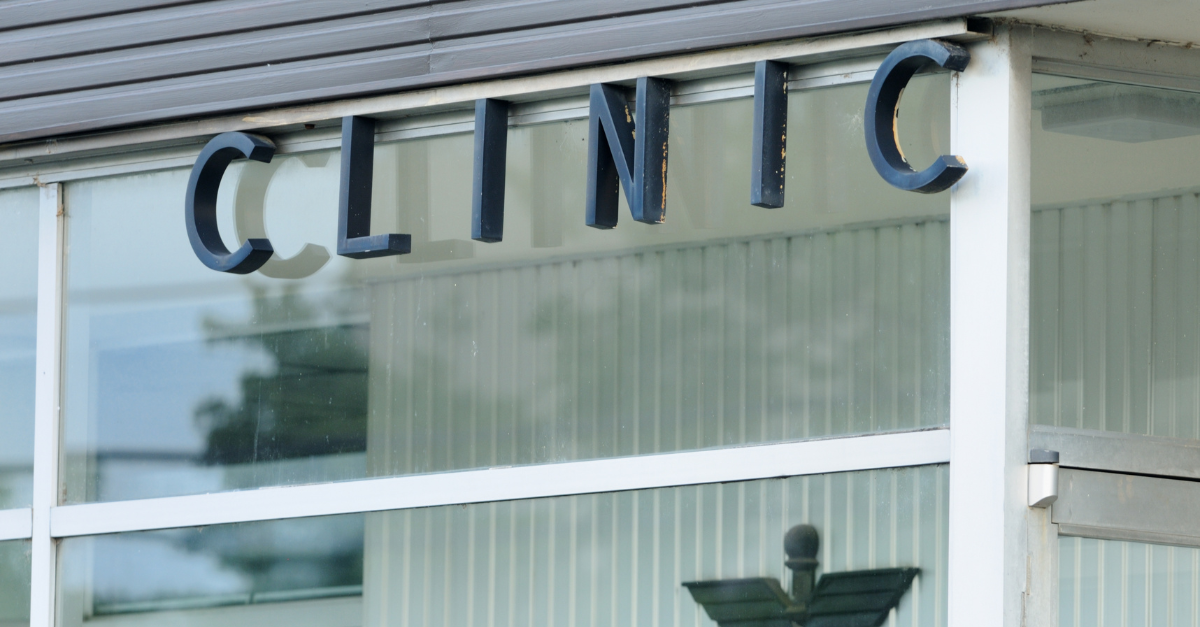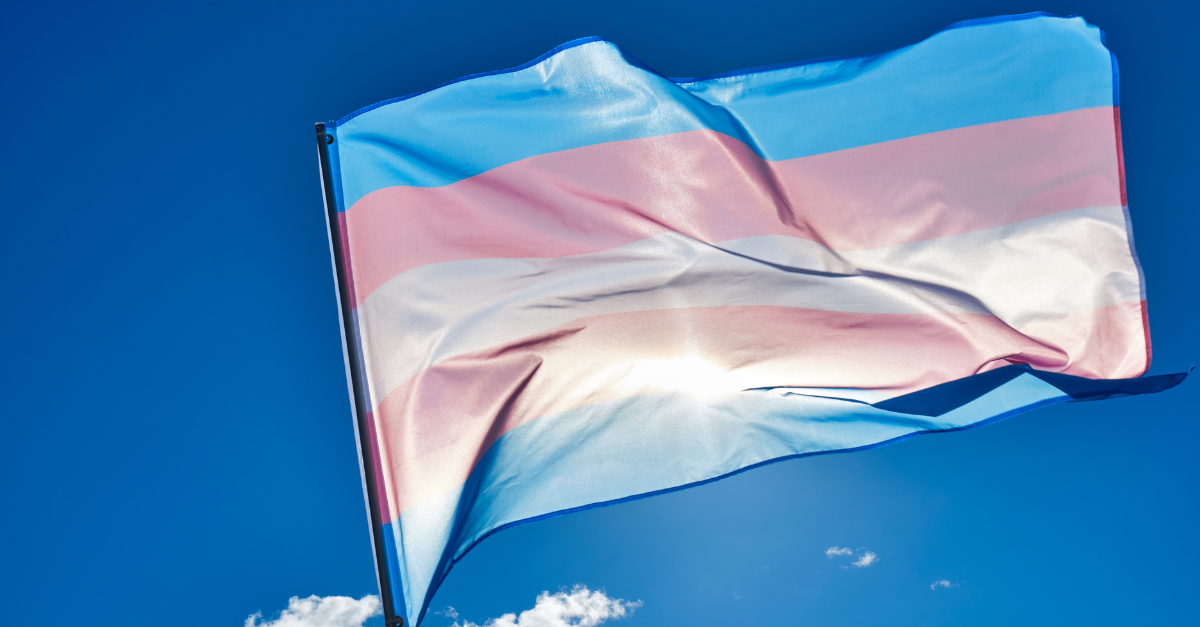NAWL Joins Amicus Brief Against Sex Discrimination
April 26, 2022 Update -- An opinion was rendered today in Jane Roe v. United States et. al. (now Caryn Devins Strickland v. United States et. al, due to the plaintiff's recent decision to drop the pseudonym).
As an organization committed to gender equality and civil rights, we applaud the court's decision today in Caryn Devins Strickland v. United States et. al. This landmark ruling recognizes, for the first time, the Constitutional right of federal judiciary employees to work in an environment free from sexual harassment.
As we noted in the amicus brief led by the Purple Campaign, the National Women's Law Center, and Legal Momentum, and in partnership with our pro bono counsel at Willkie Farr & Gallagher, the fact that the more than 30,000 employees of the federal judiciary currently lack federal statutory protections against workplace harassment and discrimination highlights the need to recognize such rights under the Constitution. We are pleased that the Court agreed and recognized Strickland's Constitutional "right to redress injuries caused by workplace discrimination, a right that is fundamentally equivalent to a cause of action and one that is vitally important considering the lack of alternative means of seeking relief for employees of the federal judiciary."
As our brief also highlighted, the facts of Strickland's case -- which included quid-pro-quo sexual harassment and related retaliation -- underscored the importance of ensuring that equal protection claims survive in situations like this one. We applaud the court for agreeing with us and properly recognizing, for the first time, that "the Fifth Amendment's Equal Protection Clause secures a federal judiciary employee's right to be free from sexual harassment in the workplace."
Despite the historic nature of this ruling, the Court's opinion highlights the continuing need for legislative and policy reform to protect federal judiciary employees. At the same time that it recognized Strickland's substantive Constitutional rights, the Court also held that certain defendants are immune from these claims and that specific remedies -- including back pay -- remain unavailable under existing law. We, therefore, urge Congress to enact the Judiciary Accountability Act of 2021 (the "JAA") to ensure that federal judiciary employees like Strickland have the same rights and remedies available to private sector employees under Title VII of the Civil Rights Act of 1964 and to employees of the other two branches of the U.S. government.
For additional information about our amicus brief see here.
August 26, 2021 -- NAWL joined the Purple Campaign, Legal Momentum, National Women’s Law Center, Willkie Farr & Gallagher LLP, and other interested organizations, in filing an Amicus Brief in the Fourth Circuit in support of Appellant Jane Roe in Roe v. United States of America et al. Both Roe’s brief and the Purple Campaign’s amicus brief detail the pervasive sex discrimination, including sexual harassment, and retaliation to which Roe was subjected from early 2018 through March 2019 when she was constructively discharged from her position.





